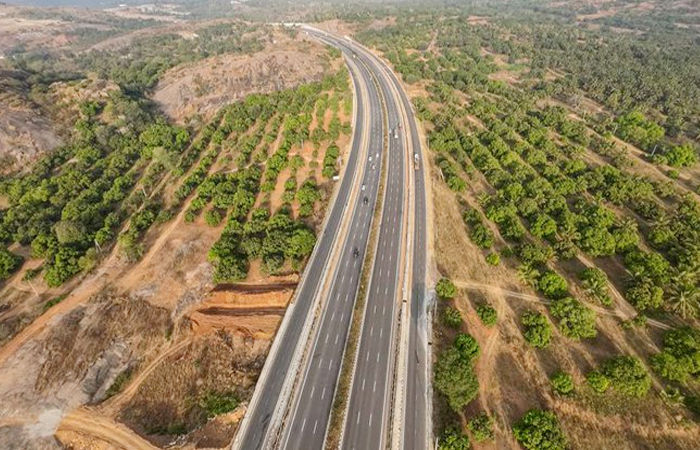
Self-healing roads: Road potholes are responsible for thousands of deaths every year. The problem is that once there is a pothole on the road, a contract to repair it is awarded and then the repair work begins. All these processes take months to complete. But now the National Highway Authority (NHAI) has come up with a technology through which the roads will be repaired automatically. This may sound a bit strange but soon you will see this technology on Indian roads.
According to NHAI, a new type of asphalt will be used to develop 'self-healing' technology on the road. A senior official associated with this matter said that this technology will be used only during road construction, so that potholes will not be formed in the road. First of all, using this technology the road will not break easily. If small cracks appear, they will heal on their own and big potholes will not form.
Saving both money and time
Officials say that with the use of this technology the roads will be saved from getting damaged quickly and the cost of frequent repairs will also be saved. Apart from this, if traffic has to be stopped or diverted repeatedly during repair work, then this technology will also get rid of this problem. This means there will be no need to stop or divert traffic in future.
How will this technology work?
The official said that while building the road, thin steel fibers will be laid in which bitumen, a type of asphalt, will be used. As the road cracks, the bitumen will heat up and expand and bond the steel fibers back with the concrete. This process will not create potholes on the road.
Potholes are a major cause of road accidents
If we look at the data of the Highway Ministry, there has been an increase of 22.6% in road accidents due to bad roads in the year 2022. While there were 3,625 accidents in 2021, this figure increased to 4,446 in 2022. More than 1,800 people lost their lives in these accidents, which was 2% more than last year.
 look news india
look news india
